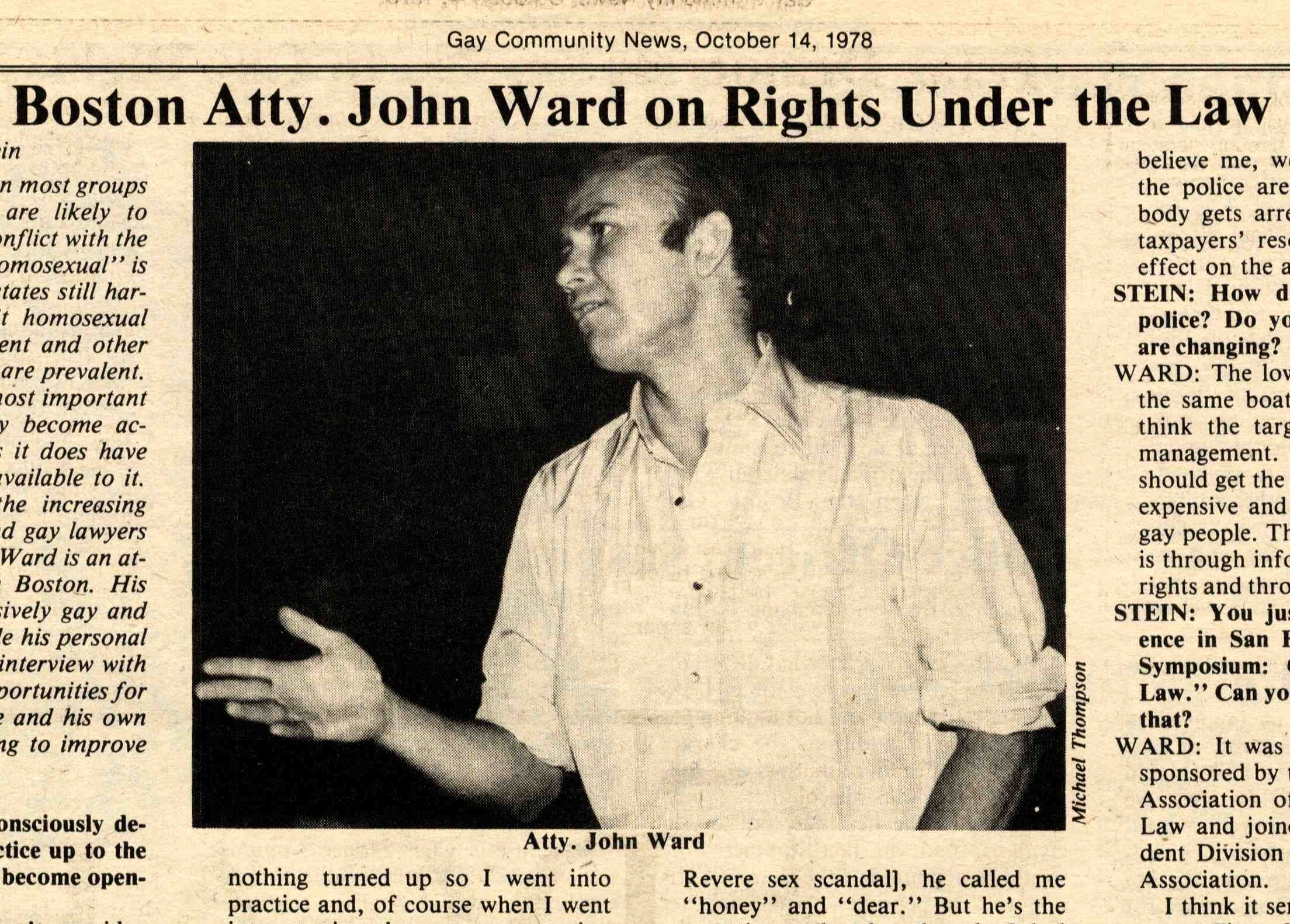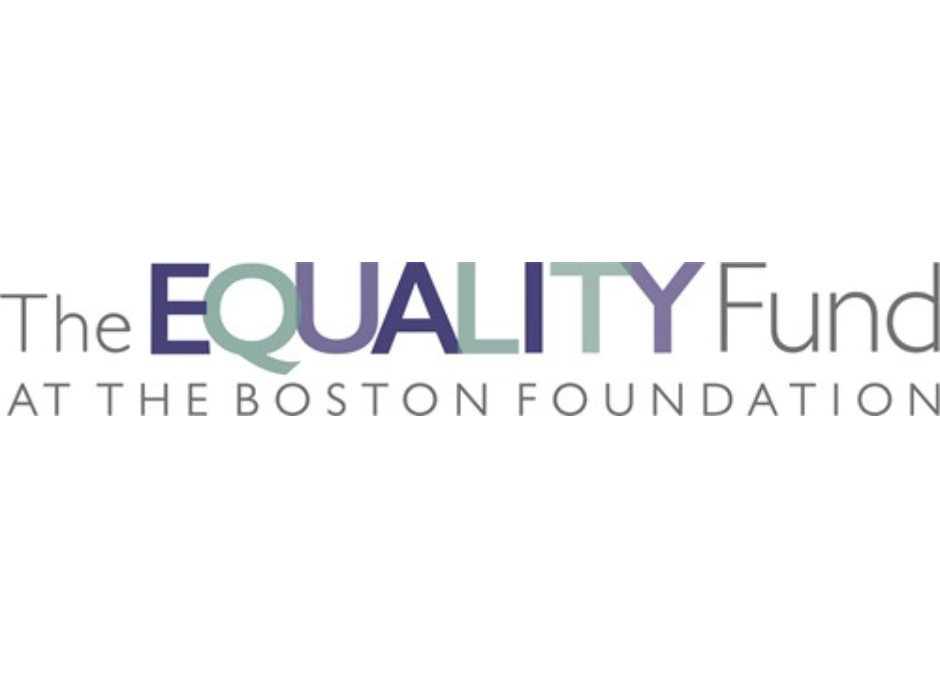Sort by:
Bulletin: LGBTQ Boston in the 1950s (November 2019)
The Boston Lyric Opera will be presenting Fellow Travelers, an opera set during the Lavender Scare in 1950s Washington. Based on Thomas Mallon's 2007 book, the score is by Gregory Spears with the libretto by Greg Pierce. Performances will be at the Paramount Theatre on November 13, 14, 16, and 17. The Opera has made discounted tickets available to friends of The History Project using the code THP. Go here for tickets.
The History Project has a large collection of materials on LGBTQ life in the 1950s. Though it was a time of sometimes horrific repression, it was also an era that featured what blogger/historian Mark Krone has called "glamorous nightlife." Others became politically involved, marking the beginning of Boston as a leader in LGBTQ rights.
One item in our collection is an extensive oral history by Alice Foley, a longtime activist and the town nurse in Provincetown during the AIDS epidemic. It was collected by Nancy Richard in December 1995.
Living in Cambridge in the 1950s, Foley fondly and angrily recalls Boston's Midtown Rendezvous, located in the basement of what is now the Charles Playhouse. She first went there in 1950 or 51 and "thought I had died and went to heaven" because it was filled with women flirting, talking, and dancing. Later it was discovered by men, who called it the Cha Cha Palace.
The Midtown only featured dancing on Thursday nights, but same-sex dancing at any time was prohibited by the city in those days. The bouncer at the front door had a button to inform patrons when a raid by the police was about to take place and everyone would swiftly change partners so that no one would get arrested. As the police lined everyone up, patrons would have their license and a $5 bill to present when the police asked them for their ID. Those without ID's faced arrest or worse.
Eventually, the Punchbowl, located in Park Square, hosted dancing as well and also attracted police raids. There were other bars including Jacques, Sporters, and Cavanaugh's. Foley said, "Sporters had all the derelicts from Scollay Square that would wander down there. We had the Opera Lady - the one who would sit there and as she got more shitfaced, she'd sing along with the jukebox but in this high operatic voice."
The extensive nightlife of 1950s Boston is indicative of the resilience of LGBTQ people. They may have been threatened with arrest, firing, or worse, but they were determined to make their way in the world.
The History Project is actively seeking more oral histories. If you haven't been interviewed, you should consider letting us record your reminisces of what is like to be LGBTQ. Everyone's experiences are important and deserve to be preserved.
Collections Inquiry
Top Related Stories
Statement on 303 Creative LLC v. Elenis
The Supreme Court issued a decision in 303 Creative v. Elenis that authorizes an exception to [...]
The Supreme Court issued a decision in 303 Creative v. Elenis that authorizes an exception to [...]
Announcing the 2021 HistoryMaker and Lavender Rhino Honorees
The History Project, Boston’s LGBTQ archives, is pleased to announce John Ward as our 2021 HistoryMaker [...]
The History Project, Boston’s LGBTQ archives, is pleased to announce John Ward as our 2021 HistoryMaker [...]
The Equality Fund Supports LGBTQ+ History
BOSTON, MA (June 5, 2023) - The History Project (THP), Boston's LGBTQ+ community archives, has been [...]
BOSTON, MA (June 5, 2023) - The History Project (THP), Boston's LGBTQ+ community archives, has been [...]

